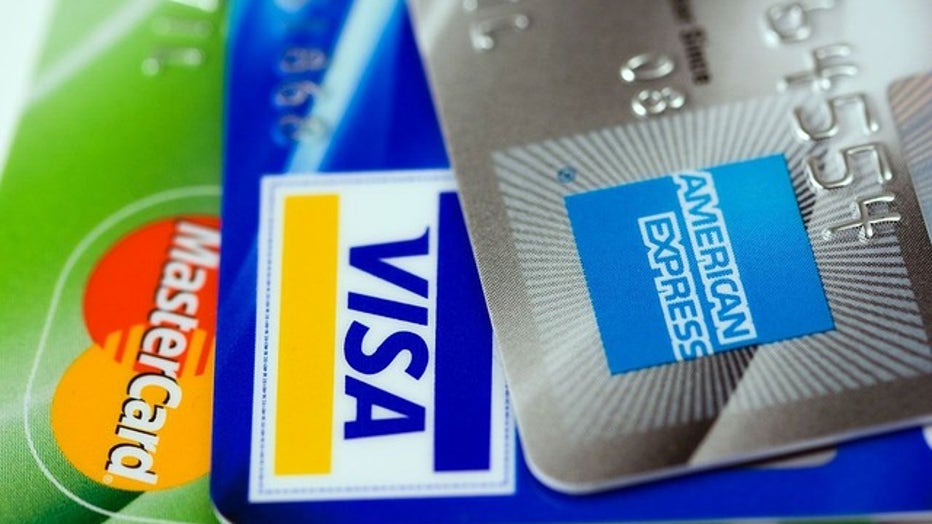Use strategy when canceling credit cards to protect your credit score

The cost of canceling credit cards
Carrying too many credit cards can be risky -- but canceling too many of those cards at once - has its own credit risk. The FOX 5 I-Team's Dana Fowle is here to explain when to cut them up -- and when to keep them.
ATLANTA - Carrying too many credit cards can be risky, but canceling too many of those cards at once has its own credit risk.
When you cancel a credit card your credit score will take a hit. It's not forever, but it's there. A few elements go into calculating your score, but two of those are the length of your credit history and your debt-to-credit utilization. That last one is the big one. This measures the amount of credit card debt you carry as compared to your total credit limits.
Example: Let's say you have three credit cards with $3,000 credit limits a piece totaling $9,000. And, you've only used the recommenced 20 percent, or $1,800., of the credit on the cards. That leaves a total of $7,200 of your total credit unused.
Now let's cancel one of them. You still have $1,800 in credit card debt, but now only $4,200 in credit is unused. That means a lowered credit-to-debt ratio, which lowers your credit score.
Less important, but it adds up, is canceling a card particularly an older one. This move decreases the average age of your accounts.
Here are a few thoughts. If you are afraid you'll use the card, put it somewhere that's hard to get to. Leave it at home in a drawer. Store it in a safe deposit box. Heck, put it in ice and leave it in the freezer.

If you really want to shed some cards, make sure to keep your oldest ones. Get rid of a newer card. But, if you are about to apply for a loan or something where they'll check your credit score, wait until that event is over then do it.
There is one time you really do want to dump a credit card and that is when it's unused, and you are charged an annual fee. Get rid of it strategically. You may need to hold off and wait until the timing is right.
Lastly, if you let a card sit dormant for too long, perhaps a year, the credit card issuer may close the account for you. So if you want to keep them all then make sure to use those cards in some way or another over the year.

